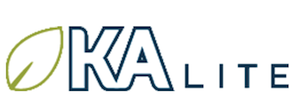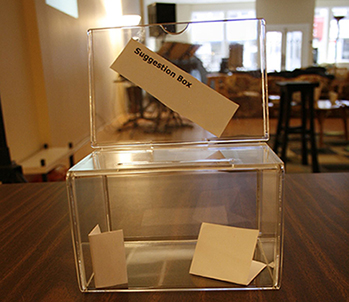
Books /John Liu / CC BY
A report issued by the United States Government Accountability Office on June 6th confirms a trend of the educational publishing industry: textbook costs to students at higher education institutions are rising 6% per year on average, and have risen 82% over the last decade. The study, ordered by Congress, looks at the efforts of publishers and colleges to increase the availability of textbook price information and “unbundled” buying options as required under provisions in the Higher Education Opportunity Act of 2008 (HEOA). The GAO also interviewed faculty regarding benefits of this transparency and offering of new options for students purchasing course materials.
What they found
Findings of the study indicated that faculty are more aware of textbook affordability issues than they used to be, though they see the appropriateness of materials as the most important factor when it comes to choosing resources to use in a course. HEOA requires publishers to include information about textbook prices when marketing to faculty, including wholesale prices and copyright dates of previous versions. While the report finds that publishers have passively made this information available through their websites and other materials, the GAO did not investigate whether publishers are actively providing the information to faculty as required by law. Making this information not only available, but highly visible, is the best way to support and equip faculty to consider textbook costs and potentially explore more affordable and flexible textbook options.
The study also finds that textbook price transparency helped students save money, particularly because of the information colleges and universities posted in course catalogs. Of the 150 institutions the GAO reviewed, 81 percent provided textbook information online during the months leading up to the fall 2012 semester. This allowed students the opportunity to consider the costs associated with each course and the time to seek cost-cutting alternatives like used books and renting. But even with this relief, textbook prices continue to reach into the $200-and-more range for high-enrollment courses. The end goal of the HEOA price transparency provisions is to pressure publishers into lowering their prices for good.
What this means
As Nicole Allen, Affordable Textbooks Advocate for the Student Public Interest Research Groups (Student PIRGs) explained, “Overall, the report shows that the HEOA requirements have helped students and professors become more aware of textbook costs, and this awareness builds market pressure that will eventually lead to fairer prices and more affordable alternatives. Although right now publishers stubbornly continue driving prices skyward, they can only ignore the call for affordability for so long.”
The report mentions other textbook affordability efforts that colleges and universities explored alongside providing textbook price information. About two-thirds of the schools that the GAO interviewed offered an institutional rental program, and many offered price information for alternate formats, such as e-textbooks. For example, the Washington State Board for Community and Technical Colleges’ Open Course Library, which offers Open Educational Resources (OER) and other low cost materials for the system’s 81 largest courses, has saved students $5.5 million to date — about three times as much as the program cost. As the shift of resources towards efforts that provide more options to students and faculty is seen across the US and in other areas around the world, we anticipate more participation in communities around OER. Which is a great thing.
Next steps towards affordable textbooks
The HEOA requirements for textbook price transparency were a good first step, but there’s more work to do to solve rising textbook costs and lack of flexibility in choosing learning materials for courses. OER, like those created, revised, and shared in the Open Course Library have the potential to significantly offset these costs while at the same time providing more options for faculty and students to customize textbooks and other courseware to their needs. CC believes that OER is the next step in providing affordable, flexible, and truly open educational opportunities for students and faculty, allowing global citizens to better choose their own learning pathways.

opensourceway / CC BY-SA
A joint statement issued by Rep. George Miller (D-Calif.) and Sen. Dick Durbin (D-Ill.) on June 7th affirms the potential for OER as a solution: “As the GAO report suggests, transparency alone isn’t enough. Students need more access to high-quality, affordable options that challenge the current price structure set by a handful of publishers. Open Educational Resources, which include high-quality open textbooks that are free for faculty to adopt and students to use, offer a promising step forward. With many recent technology advancements it will be important for Congress to continue to learn more about the textbook sector to ensure that there are accountability mechanisms in place to protect students and taxpayers.”
The Student PIRGs announcement about the study is here
The full report of the GAO’s study can be found here
And lastly, a podcast with a member of GAO’s staff that led this study is here





